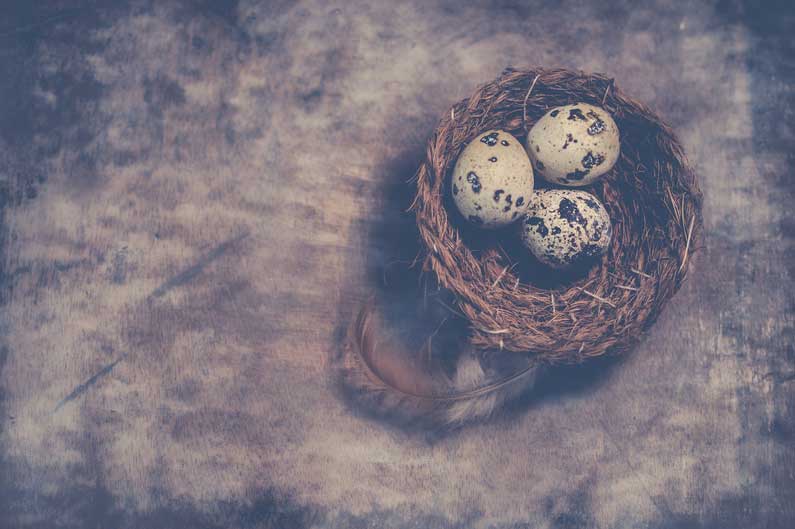A Look at Etruscan Religion
Interpreting the Will of the Gods
Raising the egg above his head, Velthr presented it to the east, the north, the west, the south. Over the altar he towered, his conical cap stretching his broad silhouette to a giant’s. His size seemed a joke of the gods, for he was in all other respects a man of mild proportions–light-hearted, serene in voice and visage, his lips ever on the edge of a smile.
Excerpt from Gates the Hours Keep
In this scene I introduce Velthr who is an Etruscan priest and mentor to Leures Vethna. I loved visualizing Velthr as a towering man, appearing even taller with the conical cap upon his head. With a gentle voice calling upon the gods, a powerful man both in stature and in his culture, he embodies contradictions.
Etruscan priests did, in fact, wear conical caps–signifying their role in their society. They observed lightning and bird signs and divided the heavens into quadrants to help guide their interpretation of the gods. I did take some creative liberty with use of the egg. There is no solid evidence Etruscans used eggs in their religious ceremonies, but I thought it plausible. The egg can be seen as a physical manifestation of birth and creation.
If the Etruscan king wanted to know if crops would be plentiful or ridden with pestilence, having such a priest to divine the future would have been highly valuable.
Part Of The
Tales of Malstria Monday
Series
